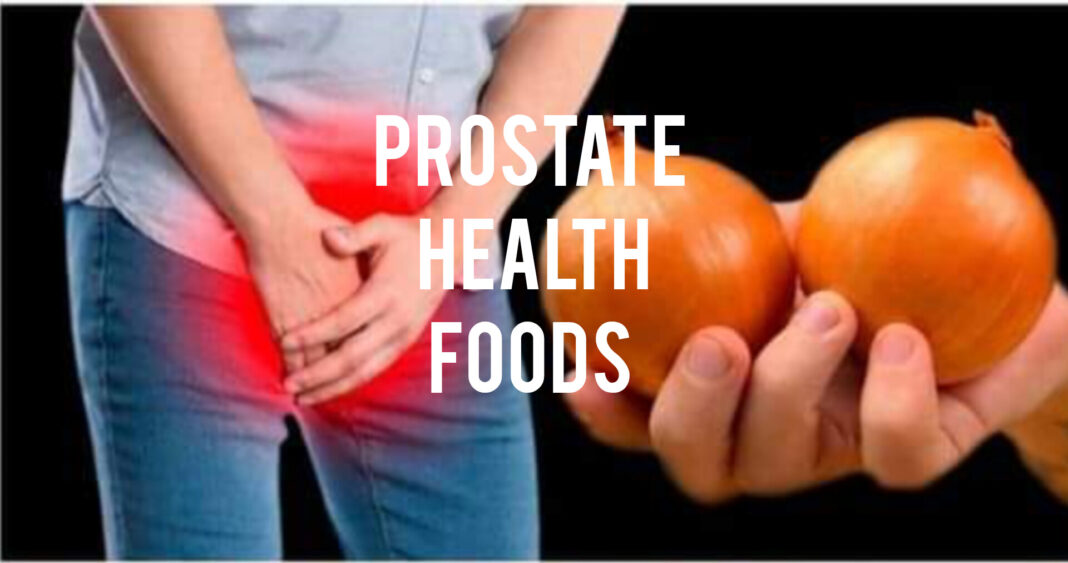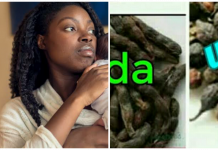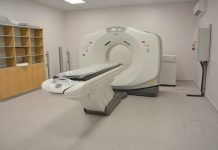Natural Remedies for Prostate Health …best foods for prostate health
These are some natural foods that helps to improve prostate health, prevent prostate cancer, shrink enlarged prostate called prostate hyperplasia or hypertrophy.
1. Tomatoes 🍅
Tomatoes are rich in lycopene, an antioxidant that has been linked to a lower risk of prostate cancer. It is more beneficial when cooked or processed compared to raw form.
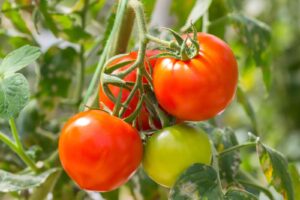
2. Broccoli 🥦
It contain compounds that may help reduce the risk of prostate cancer. These veggies are packed with nutrients that support overall health.
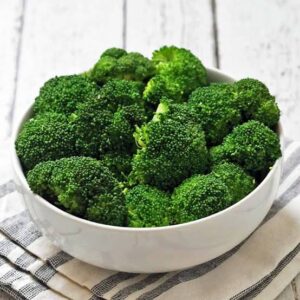
3. Onions
Onions contain certain substances that prostate prostate health helping to prevent prostate cancer and even shrinking the size of an enlarged prostate..onion is believed to have some anti-androgenic effect on the prostate.
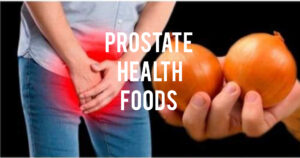
4. Green tea 🍵
Green tea is loaded with antioxidants, particularly catechins, which have been shown to support prostate health.
5. Soursop
Soursop fruit, leaves an roots is an anticancer plant believed to help prevent prostate cancer and even “cure” it even though researches on this theories remain largely inconclusive.
6. Nuts 🌰 and seeds
Nuts like walnuts, groundnuts and seeds such as flaxseeds and pumpkin seeds are excellent sources of healthy fats, zinc, and other nutrients that support prostate health.
7. Fatty fish 🐟
Fatty fish like salmon, mackerel, and sardines are rich in omega-3 fatty acids, which have anti-inflammatory properties that may support prostate health.
8. Tumeric 🍃
Turmeric contains curcumin, a powerful anti-inflammatory and antioxidant compound. Curcumin may help reduce the risk of prostate problems especially as regards inflammation like prostatitis.
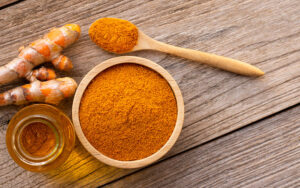
9. Cauliflower
Eating broccoli and cauliflower at least once a week reduces the risk of deadly prostate cancer, US medical experts once confirmed.
10. Watermelon
Watermelon is a prostate food. It contains nitric oxide that increase blood flow to the prostate and promote prostate health.
A more natural diet can play a supportive role in prostate cancer treatment, but not clearly a standalone cure…
Meanwhile:
What is prostate cancer?
Prostate cancer is one of the most common cancers in men, but detecting it early is a game changer.
It is a type of cancer that affects the prostate gland
The prostate gland is part of the male reproductive system. It is located below the bladder and forms part of the urethra.
This gland is responsible for producing the fluid that nourishes and transports sperm.
Prostate cancer is one of the most common cancers as they age.
What does the prostate do?
The prostate gland is important in male fertility
It produces seminal fluid.
This fluid helps to nourish and protect sperm during ejaculation.
Despite its small size, the prostate’s health is crucial for the overall well-being of a man’s s.ex.ual system.
What are the risk factors?
– Age is a major risk factor for prostate cancer, with most cases occurring in men over 50.
– family history; as men with close relatives who had prostate cancer are at a higher risk.
– men of African descent face an even greater risk and are more likely to be diagnosed at an advanced stage 😢.
– A study in the UK showed that 1 in 4 black men will have prostate cancer in their lifetime, scary
Your genes and Your Prostate are still related
Having a father or brother with prostate cancer more than doubles a man’s risk of developing prostate carcinoma in future.
In addition, there are changes that could occur in your genes that can also increase your risk.
Symptoms of prostate cancer
Mostly asymptomatic
It often develops slowly and may not show symptoms in the early stages.
But when they appear, they’d include lower urinary tract symptoms like:
– difficulty initiating urination called hesitancy
– weak or interrupted urine flow – poor stream
– frequent urination, especially at night, and blood in urine or semen (hematospermia)
– continuous pain in the back, hips, or waist area may also occur as the cancer progresses – spread of cancer
Stages of Prostate cancer
Based on how far it has spread, it is classified into stages from stage I to IV
– Stage I is early and confined to the prostate, while Stage IV indicates the cancer has spread to other parts of the body, like the bones and the spine. Stage 1 prostate cancer is curable of picked early ….
Knowing the stage of cancer helps your doctor determine the best way to treat
LETS TALK ABOUT PSA TESTS
The PSA test measures the level of prostate-specific antigen (PSA) in the blood.
High levels of PSA can indicate prostate cancer but can also be elevated due to other non-cancerous conditions like benign prostatic hyperplasia (BPH) or prostatitis.
Don’t do this test without speaking to your doctor first, and don’t Google the results
What happens when your PSA tests are not normal?
Then your doctor may recommend a biopsy. During a biopsy, small samples of your prostate tissue will be taken and examined under a microscope to look for cancer cells.
Treatment Options
It depends on the stage of cancer and overall health.
Options include:
– monitoring the cancer (active surveillance)
– surgery to remove the prostate
– radiation to destroy cancer cells
– hormone therapy to reduce hormones that fuel cancer growth, and chemotherapy.
Treatments for prostate cancer can lead to side effects like difficulty controlling urine, erectile dysfunction, and bowel issues.
They must be communicated to patients beforehand
To men living with prostate cancer
It must be challenging, but many men continue to live full lives after treatment. Ensure that regular check-ups, healthy lifestyle choices, and strong support systems are in place.
Always speak to a Urologist about your prostate health and options ..
@OGreat6
Dr Udomoh

















